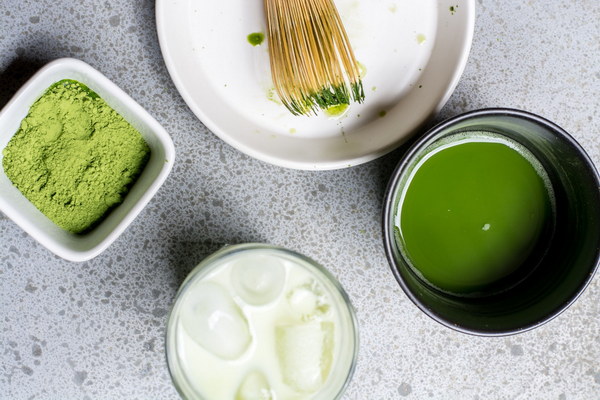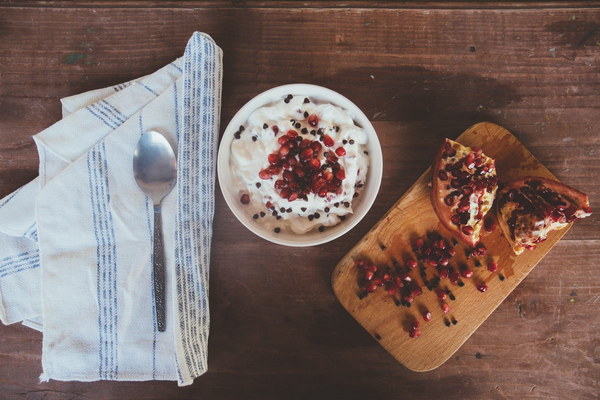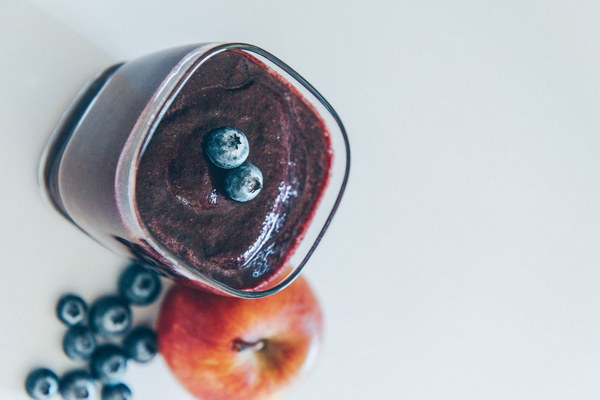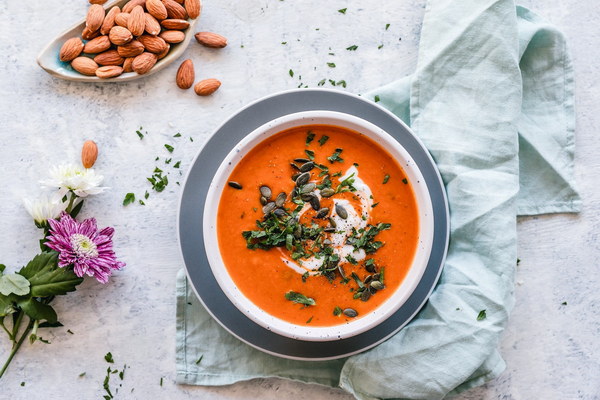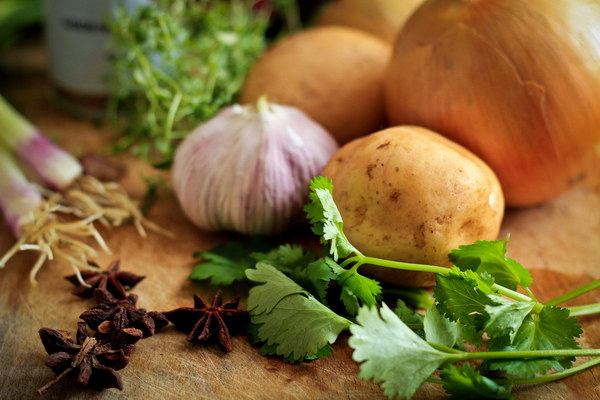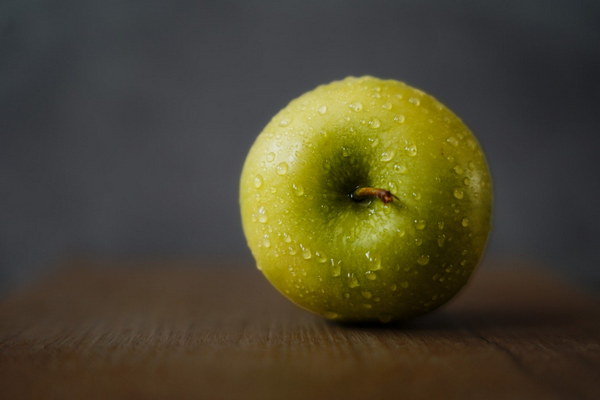The Time-Honored Origins of Traditional Chinese Medicine A Journey into the Heart of Ancient Recipes
In the vast tapestry of human history, food and medicine have always been intertwined. The concept of using food as medicine is deeply rooted in the rich heritage of Traditional Chinese Medicine (TCM). From the remote mountains of China to the bustling streets of its cities, TCM has been a beacon of holistic wellness for centuries. This article delves into the origins of some of the most beloved and time-honored recipes from the heart of ancient China.
1. The Yellow Emperor's Classic of Internal Medicine
The Yellow Emperor's Classic of Internal Medicine, also known as the Neijing, is one of the oldest and most influential texts in the history of TCM. It is believed to have been written during the Warring States period (475-221 BCE), though its origins are shrouded in mystery. The text provides a comprehensive overview of TCM principles, including the concept of Yin and Yang, the five elements, and the importance of balancing the body's internal energies.
One of the most famous recipes from the Neijing is the Five-Flavor Soup, which is said to promote overall health and longevity. The soup combines five different herbs and spices, each representing one of the five flavors (sour, bitter, sweet, spicy, and salty) and one of the five elements (wood, fire, earth, metal, and water). By incorporating these flavors and elements into one's diet, individuals are believed to achieve harmony and balance within their bodies.
2. The Han Feizi's Dietary Guidelines
Another ancient text that has contributed to the development of TCM recipes is the Han Feizi, written by the philosopher Han Fei during the Warring States period. The text emphasizes the importance of maintaining a healthy diet to prevent illness and promote longevity.

One of the most notable recipes from the Han Feizi is the Eight Treasures Soup, which is a warming and nourishing dish that is believed to boost the immune system and improve overall health. The soup is made with eight precious ingredients, including goji berries, ginseng, and dates, and is traditionally consumed during the cold winter months.
3. The Tang Dynasty's Love for Tea
The Tang Dynasty (618-907 CE) was a period of great cultural and technological advancements in China. One of the most significant contributions of this era was the popularization of tea as a medicinal and social beverage.
The Tang Dynasty Tea Recipe is a blend of various herbs and spices, including chrysanthemum, mint, and ginger. This recipe is not only believed to have healing properties but is also said to promote relaxation and mental clarity. The Tang Dynasty's love for tea has influenced countless TCM recipes that incorporate this versatile ingredient.
4. The Song Dynasty's Focus on Herbal Medicine
The Song Dynasty (960-1279 CE) was another period of great prosperity and innovation in China. During this time, herbal medicine became a crucial component of TCM, and numerous recipes were developed to harness the healing power of various plants.
One of the most famous herbal recipes from the Song Dynasty is the Four Gentlemen Soup, which is made with ginseng, astragalus, codonopsis, and hoelen. This soup is believed to boost the immune system, improve circulation, and enhance overall vitality.
Conclusion
The origins of TCM recipes are deeply rooted in the rich history and cultural heritage of ancient China. From the Yellow Emperor's Classic of Internal Medicine to the Tang Dynasty's love for tea, these recipes have been passed down through generations, offering a testament to the enduring power of food as medicine. By exploring these time-honored recipes, we can gain a deeper understanding of the principles and practices that have shaped the world of TCM and continue to promote health and wellness today.

